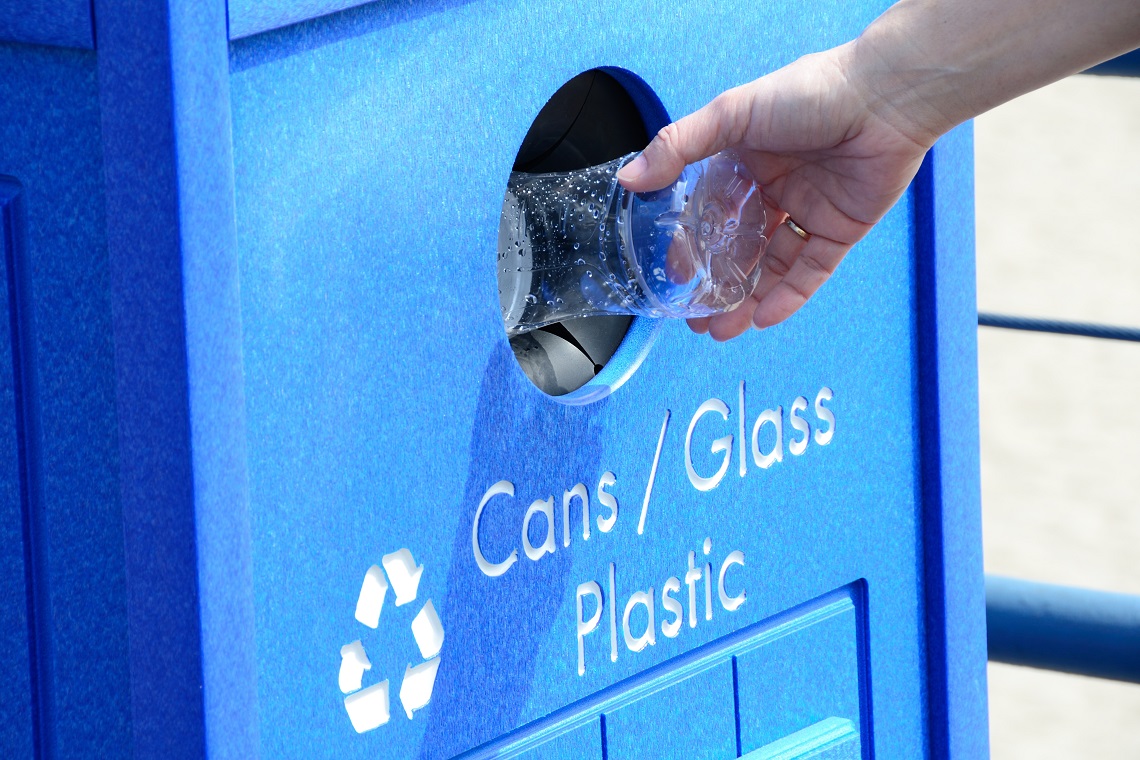Western Australia’s Container Deposit Scheme (CDS) officially starts today, after being delayed from the original June start date due to the pandemic.
Called ‘Containers for Change’, the WA CDS is operated by not-for-profit Return Recycle Renew (WARRRL), established by Lion and Coca-Cola Amatil “in recognition of their shared responsibility (with other manufacturers and the community) for reducing waste generated by beverage packaging”.
The scheme will let customers return eligible containers to collection sites to receive 10c back, with beverage manufacturers paying for the cost of the scheme’s operation.
Although it’s something that has been recognised as an important environmental move by the industry, the launch comes with unaddressed concerns for retailers particularly in relation to these costs and how consumers will understand them.
Peter Peck, CEO of Liquor Stores Association WA (LSA WA) told National Liquor News that the main concern is the lack of education to consumers about how the price of products in-store may change.
“I think the scheme is really important – anything in that environmental box is something that we need to look at and engage with positively. I think the only problem we have here at the moment is that the education process of the consumer hasn’t lived up to what my expectation would have been,” Peck said.
“I would have liked to have seen more education around the increase in price for each of the containers. At the moment, people here are under the impression that the price will go up 10 cents, when in fact it’s potentially going to go up higher than that because obviously it costs more than 10 cents refund to fund this scheme.”
Peck said the rest of the scheme has been done well, but that the Government has “probably missed the boat somewhat on the retail of things.”
Another issue about education of the scheme has to do with the COVID-19 pandemic, and communicating to consumers how they can participate in the scheme in a COVIDSafe way. Back in May when the Government announced the delay of the scheme, this was one concern that LSA WA raised too.
“We’re in a COVID situation – Western Australia is relatively COVID free, however that could change overnight and so my concern was around people collecting the containers in a COVID environment. The last thing you want people doing is picking up vessels that someone’s had their mouth around, because that’s just a recipe for disaster,” Peck said.
“My concerns were community-based concerns during COVID – is it really wise to have a scheme like this running? They said yes and we’re gonna educate people. And if they have that’s great, but I haven’t seen a lot of education around the safe handling of these vessels.”
To combat some of these issues, LSA WA asked WARRRL to make up small fliers to help educate people in store and have also taken it a step further to provide member stores with printouts they can keep near the register to explain the new scheme and its possible impact on pricing.
“I just don’t want the guys of retail to be placed under any more pressure than they’ve been of late. Having people go in there and just start to become volatile is something that really just concerns me greatly,” Peck said.
Retail Drinks Australia is also in support of the WA CDS rollout, having supported the industry-driven model previously, and said that there should be consistency CDS models across the country.
Acting CEO Michael Waters said: “In supporting the beginning of the WA CDS, Retail Drinks also calls for consistency in scheme structure across all Australian states and territories to minimise the cost and red tape burden associated with administering the respective CDS models.”
An update from the NSW CDS
Meanwhile in NSW, today also marks an announcement from the state’s CDS operator, Exchange for Change (EfC) about a six month price freeze for supplier contributions.
In February this year, the NSW CDS transitioned to a fixed price by material type. Danielle Smalley, CEO of EfC said the freeze decision will maintain this model.
“We know this year has been particularly challenging for the beverage industry. Maintaining pricing per material type will help industry to maintain their own pricing stability and also provide certainty of scheme pricing until at least July 2021,” Smalley said.
The price freeze joins a range of measures that EfC has introduced to help suppliers going through a hard time during the pandemic, while not impacting the consumer price return rate of 10c per container.

